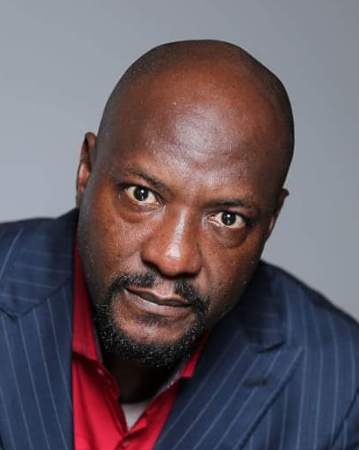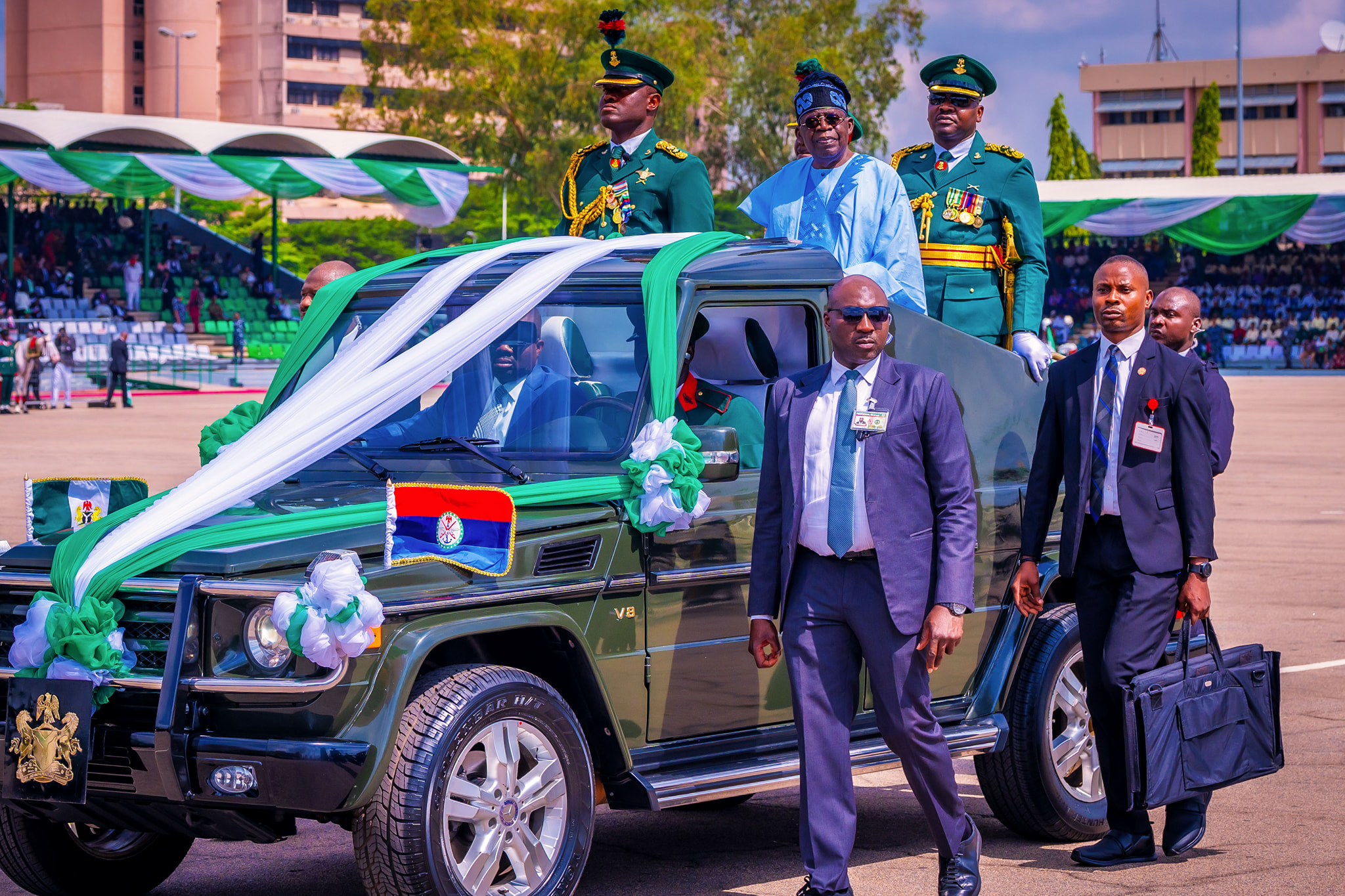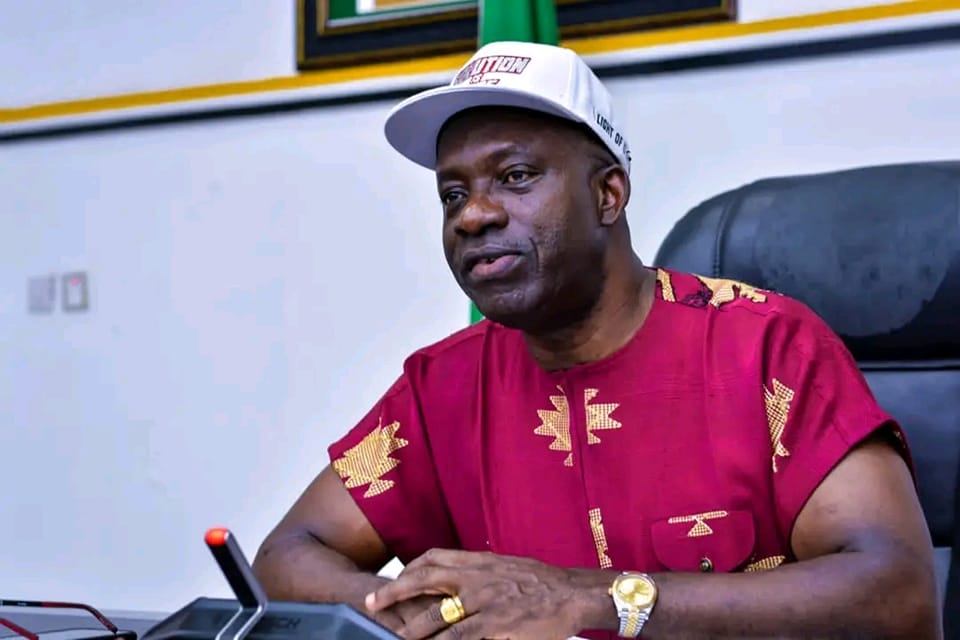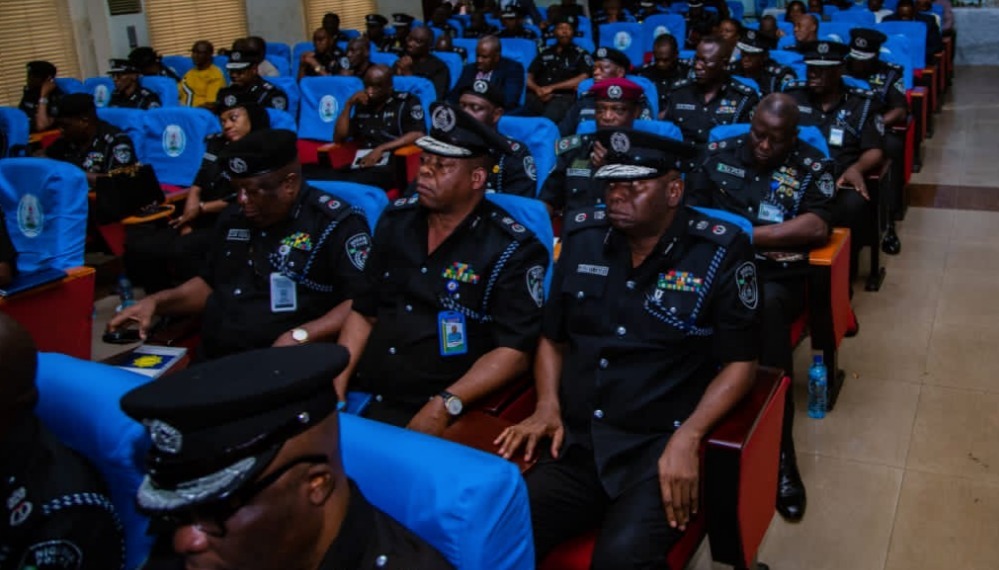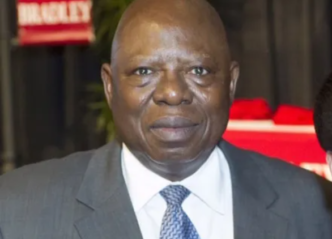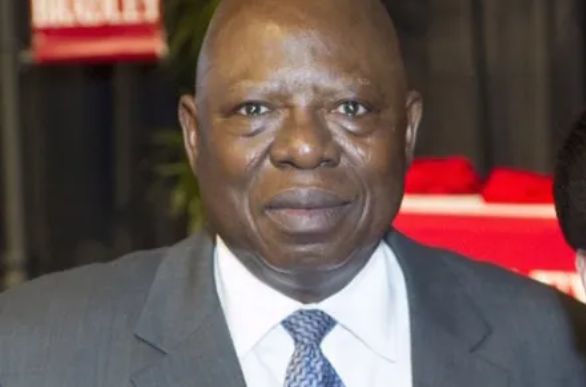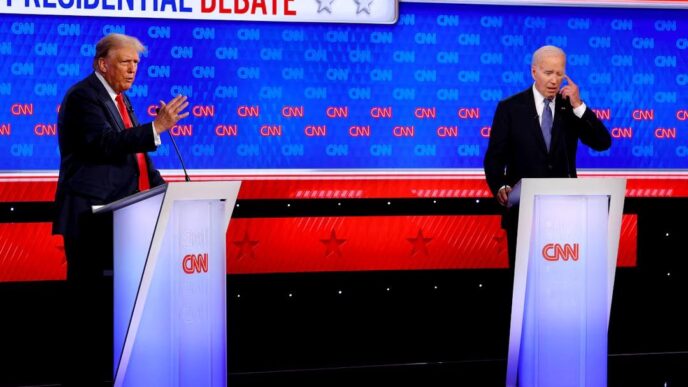In fairness to President Bola Tinubu, he did inherit a very poorly managed economy having taken over from a predecessor who lacked interest in developing the economy, yet who resorted to excessive borrowings and ways and means advances to fund huge budget deficits which in turn put pressure on the value of the Naira and spiked the inflation rate in the country.
Given that the current administration knew that they were going to inherit an economy that was in a huge mess going by all economic indicators, one would have expected them to have had a robust economic plan in place at the inception of the administration to tackle the several economic challenges the country is currently still facing today.
Instead what we’ve had are poorly conceived and haphazardly implemented economic policies that have compounded the economic woes that Nigerians have been grappling with over the last decade. From the hastily announced policy of ending fuel subsidy which failed despite the hike in the price of petrol to the poorly implemented floating of the Naira which crashed the value of the local currency and fuelled hyper-inflation, the government went on to hike the power tariff by over 200% at a time Nigerians were still in anguish as a fallout of the previous economic policies introduced by the administration.
In response to the backlash that occurred as a result of the harsh economic policies of the government, the Tinubu administration hurriedly put together a package of palliatives that was targeted at providing temporary succor for a limited number of Nigerians while the majority of people had to bear the full brunt of the harsh policies.
Advertisement
After one year of fumbling and wobbling with no clear economic direction for the country, the administration inaugurated a Presidential Economic Coordination Council (PECC) to help articulate the economic policy direction of the administration while announcing a two trillion Naira economic stimulus plan to fund critical sectors of the economy.
While it’s glaring that the economy is desperately in need of a stimulus, one is at a loss how the government arrived at the figure of two trillion Naira which is just equivalent to $1.3 billion to be adequate to stimulate the economy. While announcing the intention of the CBN to increase the capital base of banks in the country, the CBN governor revealed to us that the president intended to grow Nigeria into a one trillion dollar economy and the capital base of banks was being raised in line to meet this objective.
Going by the above, we can safely assume that growing the economy into a one trillion dollar economy is a major policy objective of this administration and we can use it as a basis to evaluate their economic policies. When the CBN eventually announced the new capital base for tier one banks in the country which was pegged at N500 billion which was equivalent to about $350 million, it was difficult to reconcile it to the 1 trillion dollar economy ambition of this administration as banks in contemporary African countries had banks with capital bases running into several billions of dollars and no Nigerian bank was amongst the top ten most capitalized banks in Africa.
Advertisement
Effectively speaking, the new capital base that the CBN announced did not match its dream of wanting our banking industry to have enough capital to be able to support a $1 trillion economy. It is in this same vein that I am questioning the parameters used in arriving at the N2 trillion economic stimulus plan because it doesn’t even begin to scratch the surface of what is required to grow the economy into a $1 trillion economy.
I will admit that apart from the rhetorics of this administration there is nothing on ground to suggest that they are serious about growing the economy, talk less of achieving the $1 trillion economy target but the least they owe Nigerians is to return the country to the $500 billion economy that it was before the downward trend started in 2015 which has resulted in the Nigerian economy shrinking to a GDP of just $258 billion as of 2024.
The question arises, can a N2 trillion ($1.3 billion) stimulus plan return the country from a GDP of $258 to a GDP of $540 billion that it was nine years ago? Or is this another one of the haphazard economic policies that this administration has become synonymous with? By comparison, even before the further crash in the economy which resulted in a 200% decline in the value of the Naira as a result of the policies of the current administration, the leading opposition presidential candidate Alhaji Atiku Abubakar had proposed a $10 billion economic stimulus plan to help fund the growth of the economy.
Even though some observers argued that even the $10 billion is not enough to achieve the lofty goals of achieving a $1 trillion economy, one is at a loss how the government arrived at its N2 trillion figure which doesn’t even begin to scratch the surface of addressing the problem at hand.
Advertisement
Even before the issue of injecting fresh funds to stimulate the economy arises, the question begs if the president is ready to address the big elephant in the room. This big elephant which is the government’s huge deficit spending is the number one reason why the economy is in a mess today and if we are to make any meaningful headway with the economy, the issue must be addressed.
Elementary economics tells us that inflation occurs when there is too much money chasing too few goods. Effectively speaking, increased spending not backed by an increase in goods and services being produced in an economy will lead to inflation. While nothing has been done to grow the productive sector within the last ten years, the government’s appetite for spending has continued to increase, and to fund this spending they have resorted to creating more money through ways and means advances and borrowing more from the financial system.
This huge deficit spending funded by continuous irresponsible borrowing by the government resulted in Nigeria having an unprecedented debt service ratio of 134% for the year 2023. This means that the government used 134% of its revenues to service debts last year revealing that after using all revenues to service existing debt, the government still had to borrow an equivalent of 34% of its revenue to meet its debt service obligations and borrow 100% of the money needed to fund the budget. This means that the country is now technically insolvent.
As a result of the fact that government has been spending a lot more money that is not backed by increased productivity, we now have too much Naira in the system chasing too few goods and this automatically leads to inflation but it doesn’t stop there. We have to consider the fact that the dollar is also a “commodity” that is available to be bought and it’s the preferred means of storing the proceeds of corruption.
Advertisement
So what happens is that due to the increased spending of government which in turn accommodates more corrupt enrichment, a lot more Naira is available to those who would rather keep their illicit funds in dollars, and as a result of this more pressure is put on the Naira in their bid to source dollars to launder their illicit funds.
The increase in demand for the dollar results in a fall in the value of the Naira and as we all know, the falling value of the Naira is the number one cause of inflation in the country today.
Advertisement
Going by the narrative above, we can conclude that the leading cause of instability in the economy today which resulted in the crash in the value of the Naira and the high inflation rate is the government’s huge deficit spending and that is what first needs to be addressed before we even start talking about any economic stimulus plan.
While the idea of setting up a Presidential Economic Coordination Council is welcome albeit long overdue, the issue of the big elephant in the room must be squarely addressed and drastic cuts in the cost of governance must be made before anything meaningful can be done with the economy.
Advertisement
Oshobi, a development economist, management consultant, and author writes from Lagos.
Advertisement
Views expressed by contributors are strictly personal and not of TheCable.
Add a comment
